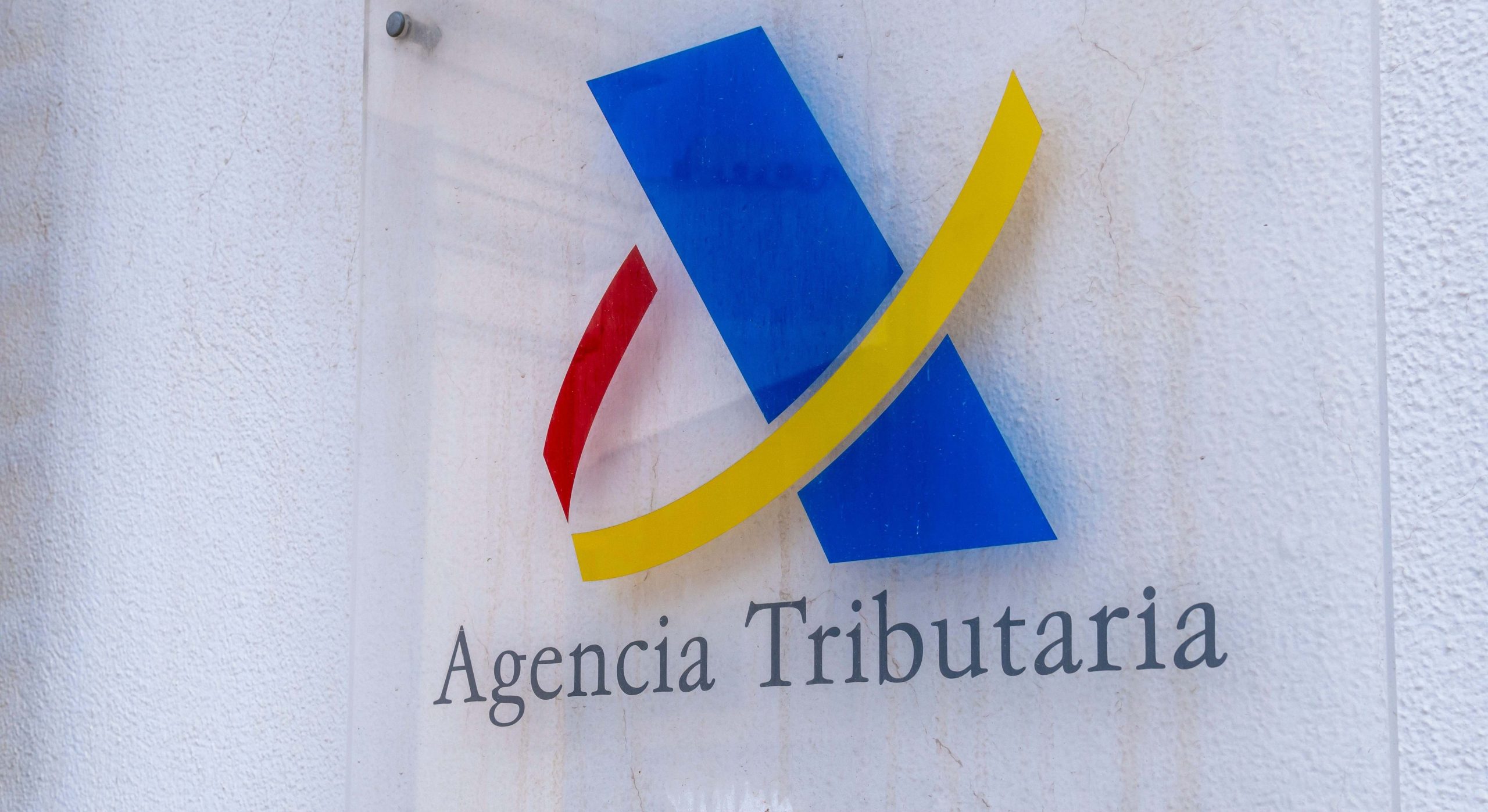In today’s increasingly interconnected global economy, smart tax planning plays a crucial role in maximizing profits and ensuring the long-term sustainability of businesses. For companies operating across borders, one of the most effective tools available is the implementation of a holding company structure.
What is a Holding Company?
A holding company is an entity created primarily to own and manage shares in other companies, acting as the parent within a corporate group. Unlike operational entities, a holding company typically does not engage in direct commercial activity but focuses on strategic oversight, administration, and governance. Its value lies in streamlining tax strategies, protecting corporate assets, and consolidating decision-making at the group level.
Key Objectives of an International Holding Structure
- Tax optimization: Reduces the global tax burden by establishing entities in jurisdictions with favorable tax regimes.
- Asset protection: Shields valuable assets from operational and legal risks.
- Operational and financial efficiency: Enables better cash flow management and dividend planning, enhancing overall profitability.
- International growth: Provides a strong legal and financial framework for global expansion.
Relevant Jurisdictions for Holding Companies
Several international jurisdictions offer favorable conditions for establishing holding or subholding entities. Here’s a comparison of key options:
Dubai
Dubai provides a low corporate income tax (starting at 9%, and potentially 0% in free zones) and full exemption from dividend withholding taxes for foreign shareholders. However, as a non-EU country, its holding companies cannot benefit from EU tax directives such as the Parent-Subsidiary Directive.
Malta and Cyprus
Both EU countries offer robust advantages through European tax legislation. The Parent-Subsidiary Directive helps eliminate double taxation on intra-group dividends. Malta can lower the effective tax burden to 5% for non-residents through its refund mechanism. Cyprus offers a 12.5% corporate tax rate and full exemptions for foreign-sourced dividends and capital gains from non-Cypriot subsidiaries.
Netherlands
Renowned for its legal stability and the “participation exemption” regime, which allows 100% exemption on qualifying dividends and capital gains, the Netherlands remains a preferred jurisdiction for international groups.
Spain
Spain provides a 95% exemption on dividends and capital gains from both domestic and foreign subsidiaries under certain conditions. It also offers fiscal consolidation, enabling national groups to submit a single corporate tax return.
The Role of Substance and Compliance
As international tax regulations evolve, particularly through initiatives like the OECD’s BEPS framework, there is increased scrutiny on economic substance. Holding companies must demonstrate real business activity, including a physical presence, qualified staff, and decision-making capabilities in the jurisdiction of incorporation.
Compliance requirements such as Country-by-Country Reporting (CBCR) and the maintenance of beneficial ownership registries are now critical for maintaining transparency and structural legitimacy.
Combining Jurisdictions for Strategic Advantage
To achieve optimal global tax efficiency, especially for groups operating both inside and outside the EU, hybrid structures are an excellent solution. For example, a parent company based in Dubai, paired with an EU subholding in Malta or Cyprus, allows for streamlined profit repatriation and reduced withholding taxes under EU directives.
Conclusion
Holding company structures offer strategic, tax-efficient solutions for globally active businesses. At Resitax, we tailor each structure to meet the operational, financial, and tax objectives of our clients. By combining compliant jurisdictions, real economic substance, and transparent practices, we help businesses grow internationally with confidence and efficiency.
📅 Schedule a consultation – Let’s optimize your global tax strategy







